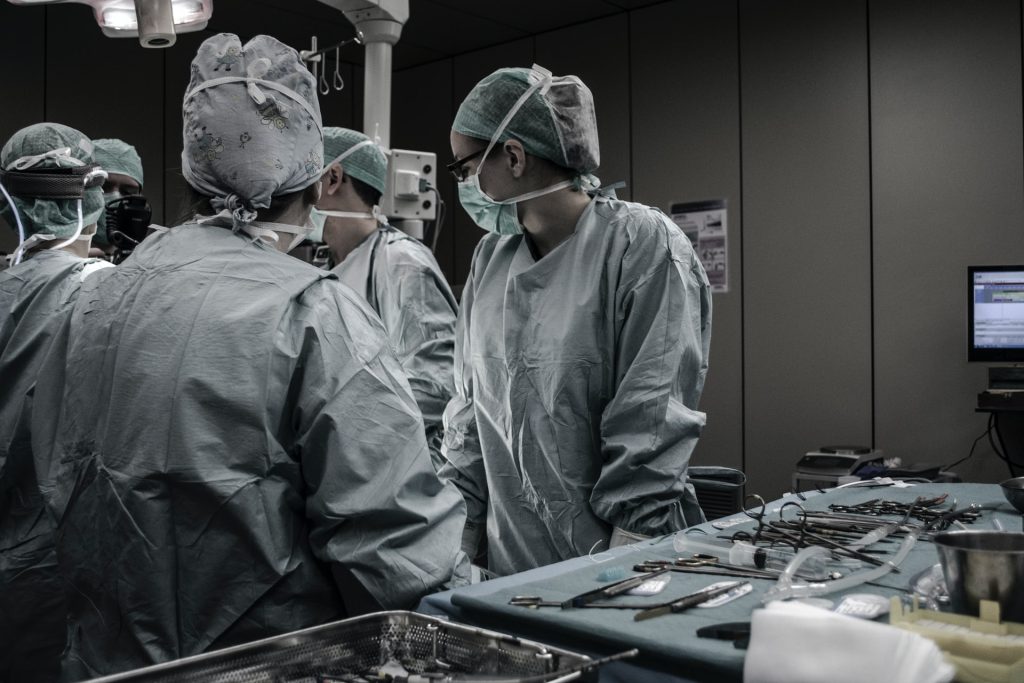Plastic Surgeon Loses Medical Licence for Streaming Surgeries on TikTok

A plastic surgeon in the US has had her medical licence permanently revoked for livestreaming parts of her surgeries and causing harm to her patients while doing so, according to the Washington Post.
Dr Katherine Grawe, who was also fined US$4500, streamed her operations with between 100 000 and 500 000 viewers at a time, speaking to the camera and on occasion answering viewers’ questions.
Three of her patients whose surgeries she had streamed experienced complications – infections, a perforated intestine and a loss of brain function – that required further medical care. She told the Washington Post that she did not believe that her livestreaming her surgeries had resulted in harm to her patients.
“Nobody wants a complication, and we never want things to go poorly, but any complications that happened with me were not because I was not paying attention,” Grawe said. “My whole goal in life is to give these people confidence and make them more beautiful. And, unfortunately, they suffered these complications, and I feel very sad for them. I would never want anything bad to happen to them.”
She specialised in cosmetic surgery for women’s breasts, as well as tummy tucks and other procedures, Grawe said. She is also being sued by the three patients who had complications. Since she started practising in 2010 with her Dr Roxy practice, she built up a social media following and eventually began livestreaming on TikTok in an effort to break down “this scary wall” between patients and doctors. Her patients all signed consent forms for their procedures to be livestreamed.
Grawe’s licence was suspended in November, and she pleaded with the board, saying that she would never livestream her surgeries again. The board was not moved by her appeal. “Dr Grawe’s social media was more important to her than the lives of the patients she treated,” the board stated.
The board had warned her in 2018 over patient confidentiality concerns in her livestreaming, and again in 2021.
Surgeries conducted in front of an audience are nothing new in medicine; medical students and clinicians alike observe procedures to learn and share knowledge. Some operating theatres are specially designed to host audiences behind windows overlooking the operating table. In the 21st century, it has become commonplace for educational livestreaming of surgeries, with considerable benefits for surgeons and increased anatomy knowledge scores.
There is also some evidence of risks to patients: one review found no increased risk of harm in urology, but this was not true for other surgical fields. Thirteen
Unlike in-person viewing of surgeries, data protection considerations must be employed as operating on a patient often may reveal identifiable information even if not livestreaming to a wide audience. Certain video conferencing platforms may not be secure, and recordings of the procedure may inadvertently be accessible to others, eg being stored on network drives, on the cloud without password protection and so on. There are secure communication apps that can be used to confidentially view and share patient data, such as TigerConnect, Medic Bleep, Forward Health and Siilo.

